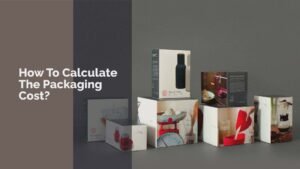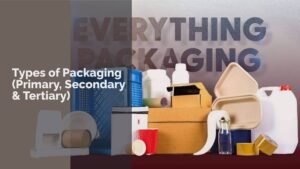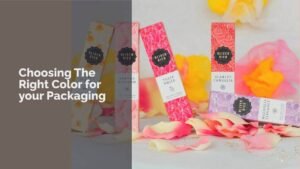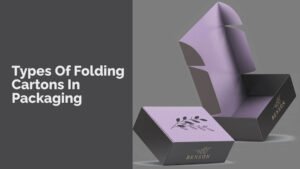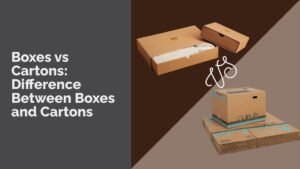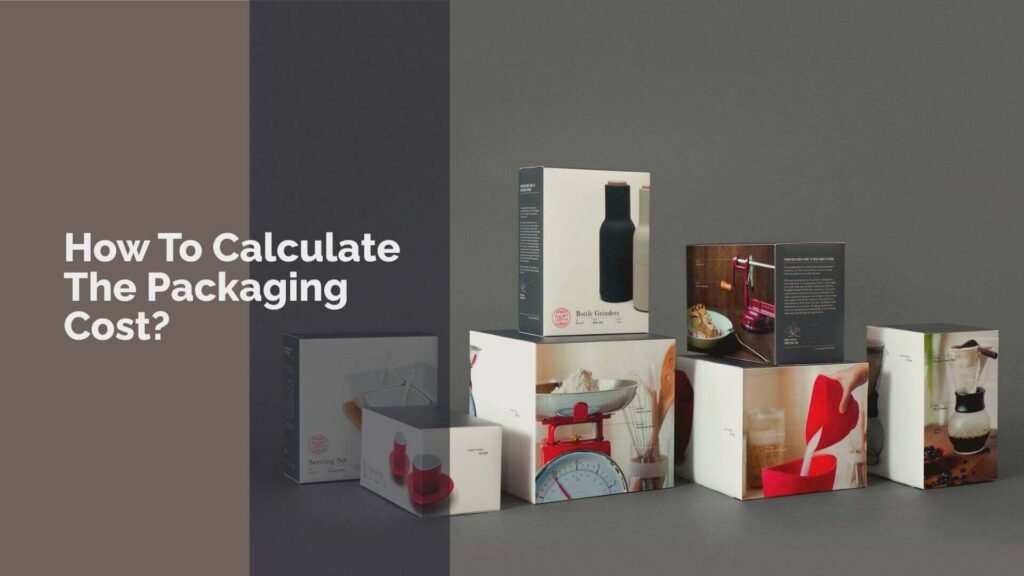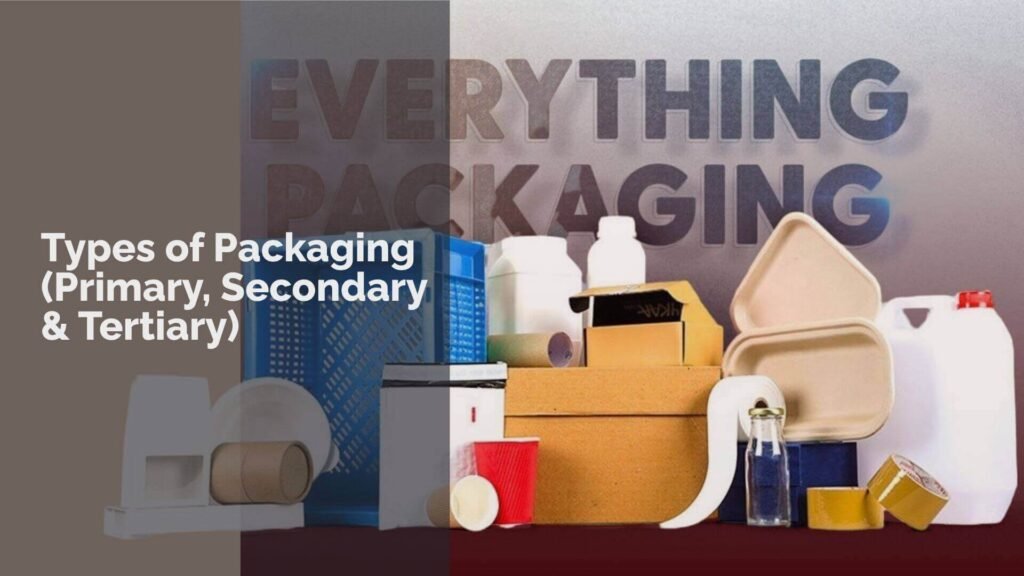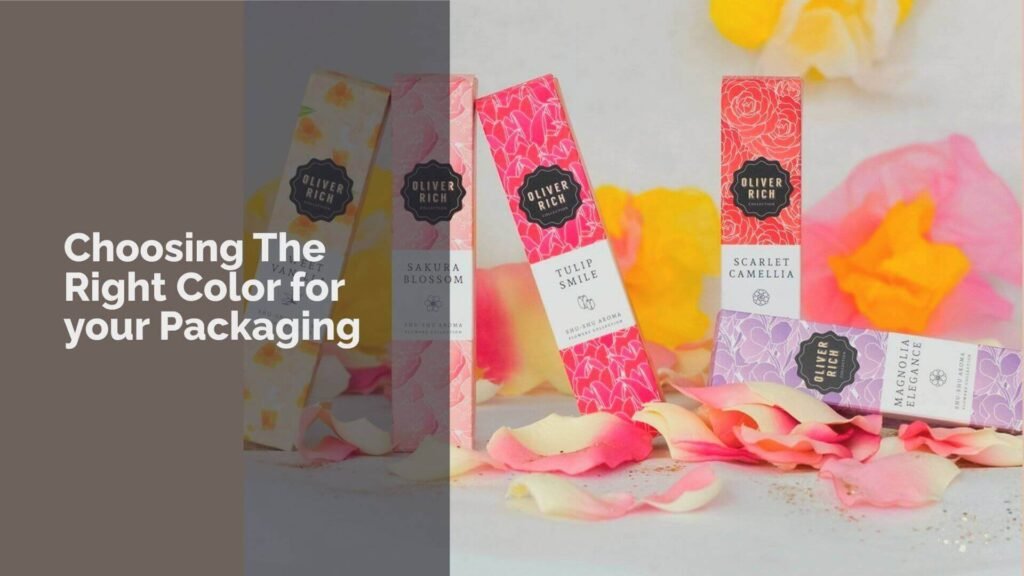Packaging plays a crucial role in the way products are presented and delivered. When considering boxes vs cartons, it’s essential to understand that these terms refer to different types of containers used for various purposes. Boxes typically offer greater durability and versatility, making them suitable for a wide range of products.
In this blog post, we will explore the differences between boxes and cartons, including their unique features and uses. For instance, corrugated boxes are often preferred for shipping due to their strength, while cartons are commonly used for retail packaging. By understanding these distinctions, you can make informed decisions on which type of packaging best suits your needs.
What Are Boxes?
Boxes are containers used to store and transport items. They come in various shapes and sizes, making them versatile for many purposes.
A common type of box is the corrugated box, which is made from layers of paperboard. This design gives it strength and durability, allowing it to protect the contents inside during shipping and handling.
Boxes can be used for everything from moving homes to packaging products for sale. Understanding the different types of boxes helps you choose the right one for your needs, ensuring your items stay safe and secure throughout their journey.
What Are Cartons?
Cartons are a type of packaging made from thin paperboard. They are commonly used for holding items like food, drinks, and other products. A popular example of a carton is a carton box for milk or juice. Cartons can be designed to fold flat, making them easy to store and transport.
They often have colorful prints that attract customers in stores. Cartons are lightweight but still provide good protection for the items inside. Understanding what cartons are helps you choose the right packaging for your products, ensuring they stay fresh and safe until they reach the customer.
Boxes vs Cartons: What’s The Difference Between Them?
When discussing boxes vs cartons, it’s important to understand that these terms refer to different types of packaging.
Boxes are typically made from thicker materials, while cartons are often lighter and thinner. Each type has its unique uses and benefits, making them suitable for various products.
Knowing the differences can help you choose the right packaging for your needs, whether you’re shipping items or storing them. In this article, we will explore the key differences between boxes and cartons, including their construction, strength, and best uses.
Boxes vs Cartons Construction: How Are They Made?
Boxes and cartons differ significantly in their construction. Corrugated boxes are made from multiple layers of paperboard.
They usually consist of an outer layer, an inner layer, and a fluted layer in between. This design gives corrugated boxes extra strength and makes them ideal for shipping heavy or fragile items.
On the other hand, cartons are generally made from a single layer of paperboard or paper-pulp. This makes them lighter but less durable than corrugated boxes. Understanding how each type is made helps you decide which one is better for your specific packaging needs.
Boxes vs Cartons Strength and Durability: Which Is Stronger?
When it comes to strength, corrugated boxes take the lead. Their layered structure provides excellent protection against impacts and moisture, making them perfect for shipping delicate items like electronics or glassware.
In contrast, cartons are not as strong; they can easily be crushed or damaged during transport. While cartons are suitable for lightweight products like cereal or cosmetics, they often require additional padding to ensure safety during shipping.
Knowing the strength differences between boxes and cartons can help you protect your products better while they are on the move.
Boxes vs Cartons Uses: When to Choose Each Type?
The choice between boxes and cartons often depends on what you need them for. Carton boxes are commonly used for retail packaging because they can be printed with attractive designs that catch customers’ attention.
They work well for products that do not require heavy protection, such as toys or snacks. In contrast, corrugated boxes are preferred for shipping purposes due to their durability.
They can withstand rough handling during transport, making them ideal for e-commerce businesses that ship products directly to customers. Understanding when to use each type ensures that your items arrive safely at their destination.
Boxes vs Cartons Cost: Which One Is More Affordable?
Cost is another factor to consider when choosing between boxes and cartons. Generally, carton boxes are less expensive to produce than corrugated boxes because they use less material.
This makes them a good option for businesses looking to save money on packaging costs, especially for low-value items or short-distance shipping.
However, if you need to ship valuable or fragile products, investing in corrugated boxes may be worth the extra cost due to their added protection. Balancing cost with the level of protection needed is essential when selecting packaging.
Cartons vs Boxes: Which One Is Best For Shipping?
When considering cartons vs boxes for shipping, it’s essential to know which type of packaging is best for your products.
Corrugated boxes are often the preferred choice because they are strong and durable. Their layered design provides excellent protection against bumps and drops during transport. This makes them ideal for shipping fragile items like electronics or glassware.
On the other hand, cartons are lighter and less expensive, but they don’t offer the same level of protection. They are better suited for lightweight products that do not require heavy-duty packaging.
If you need to ship items over long distances or want to ensure they arrive safely, corrugated boxes are the way to go. Ultimately, choosing the right packaging depends on what you are shipping and how much protection your items need during transit.
Types Of Boxes and Catons
When comparing boxes vs cartons, it’s essential to know the different types available. Each type serves specific purposes and is made from various materials. Understanding these differences can help you choose the right packaging for your products. In this section, we will explore three main types: folding cartons, rigid boxes, and corrugated boxes. Each has unique features that make them suitable for various uses.
Folding Cartons
Folding cartons are lightweight and commonly used for retail products. They are made from paperboard and can be easily printed with colorful designs.
A good example is a cereal box, which folds flat for shipping but opens easily for use. These cartons are economical because they take up less space when shipped.
They are perfect for packaging snacks, cosmetics, and other lightweight items. Since they are easy to customize, businesses often choose folding cartons to attract customers with appealing designs.
Rigid Boxes
Rigid boxes, also known as set-up boxes, are sturdier than folding cartons. They do not fold flat and are made from thicker materials, making them ideal for high-end products like jewelry or electronics.
An example of a rigid box is the packaging for an iPhone, which needs extra protection during shipping. These boxes provide a premium feel and are often used when the presentation is important. Their durability ensures that delicate items remain safe during transport.
Corrugated Boxes
Corrugated boxes are the most common type used for shipping. They consist of three layers: an outer layer, a fluted middle layer, and another outer layer.
This structure gives them strength and makes them perfect for protecting heavy or fragile items during transit. You’ll often see these boxes used in moving or shipping goods across long distances.
Corrugated boxes can be customized in size and design, making them versatile for various industries, including e-commerce and retail. Their durability ensures that products arrive safely at their destination.
Advantages & Disadvantages Of Boxes & Cartons
When comparing boxes vs cartons, it’s important to understand their advantages and disadvantages.
Each type of packaging has unique features that make them suitable for different uses. Knowing these pros and cons can help you choose the best option for your needs.
Advantages of Boxes
One major advantage of corrugated boxes is their strength. They are made from multiple layers of material, making them durable and ideal for shipping fragile items.
These boxes can withstand rough handling and protect the contents inside. Additionally, they are lightweight, which helps reduce shipping costs.
Another benefit is that corrugated boxes are recyclable, making them an eco-friendly choice for businesses looking to reduce waste. Their versatility allows for various sizes and custom designs, making them suitable for many products.
Overall, the strength and eco-friendliness of corrugated boxes make them a popular choice for many industries.
Disadvantages of Boxes
However, there are some disadvantages to using boxes. For heavy items, carton boxes may not always provide enough support, leading to deformation under pressure.
They can also be more expensive than other packaging options if customized extensively. Furthermore, while they offer good protection, they may not be completely waterproof, which can be a concern in certain shipping conditions.
Overall, while boxes have many benefits, their limitations should be considered based on the specific needs of your products.
Advantages of Cartons
On the other hand, carton boxes are often lighter and more affordable than traditional boxes. They are easy to store and transport because they can be folded flat when not in use.
Cartons are also great for retail packaging since they can be printed with colorful designs that attract customers. Their lightweight nature makes them convenient for shipping less fragile items.
Additionally, cartons can be made from recycled materials, making them an environmentally friendly option for businesses.
Disadvantages of Cartons
Despite their benefits, cartons have some drawbacks. They are generally less durable than cardboard shipping boxes and may not provide enough protection for fragile items during shipping.
Cartons can easily be crushed or damaged if stacked improperly or exposed to moisture. This makes them less suitable for long-distance shipping where items might face rough handling.
Overall, while cartons offer affordability and convenience, their lack of durability should be carefully considered when choosing packaging solutions.
Boxes and Cartons: Which One Is Best For You And Under What Situation?
When deciding between boxes vs cartons, it’s crucial to consider the specific needs of your products. Each type of packaging has its strengths and weaknesses, making them suitable for different situations. Understanding these differences can help you choose the best option for your shipping and storage needs.
When to Use Boxes
Corrugated boxes are ideal for shipping heavy or fragile items. Their strong, layered design provides excellent protection against bumps and drops during transportation.
If you are sending electronics, glassware, or any high-value products, corrugated boxes are the best choice.
They can withstand rough handling and keep your items safe. Additionally, these boxes are often recyclable, making them an eco-friendly option for businesses looking to reduce waste.
When to Use Cartons
On the other hand, carton boxes are great for lighter, non-fragile items. They are commonly used for packaging food products like cereal or snacks.
If you need packaging that is easy to store and transport, cartons are a smart choice because they can be folded flat when not in use.
While they may not offer the same level of protection as boxes, their lightweight nature makes them more affordable for businesses that don’t require heavy-duty packaging.
Where To Buy Custom Boxes & Cartons?
When looking for custom boxes and cartons, 7 Custom Boxes is an excellent choice for your packaging needs. They specialize in creating tailored packaging solutions that meet specific requirements, ensuring your products are well-protected and presented beautifully.
One of the standout features of 7 Custom Boxes is their wide range of options, including corrugated boxes, folding cartons, and rigid boxes. This variety allows you to select the best packaging style for your products, whether you’re shipping fragile items or showcasing retail goods.
Customization is another key advantage at 7 Custom Boxes. You can personalize your boxes with different sizes, colors, and designs to align with your brand identity. This flexibility ensures that your packaging not only serves its functional purpose but also enhances your brand’s visibility. Additionally, all boxes are made from high-quality materials that guarantee durability and protection during shipping and storage.
For environmentally conscious businesses, 7 Custom Boxes offers eco-friendly choices, utilizing recycled materials to help reduce environmental impact. Their competitive pricing means you can find affordable packaging solutions without sacrificing quality, making it easier for businesses of all sizes to meet their packaging needs.
Moreover, 7 Custom Boxes prides itself on fast turnaround times, allowing you to receive your custom orders quickly and efficiently. Their excellent customer service team is always ready to assist with any questions or concerns, ensuring a smooth ordering experience from start to finish.
For all your custom box and carton needs, consider 7 Custom Boxes as a reliable partner in delivering high-quality packaging solutions that meet your unique requirements.
Conclusion
Understanding the differences between boxes vs cartons is essential for making informed packaging decisions. Cardboard packaging offers excellent protection for heavier items, making it ideal for shipping fragile products.
On the other hand, carton boxes are lightweight and cost-effective, perfect for retail packaging of non-fragile goods like snacks or cosmetics.
By considering factors such as product weight, fragility, and branding needs, you can choose the right packaging solution that meets your requirements. Whether you opt for sturdy boxes or versatile cartons, selecting the appropriate type will ensure your products are well-protected and presented attractively to customers.
FAQ’s
What is the difference between a box and a carton?
A box is a general term for any container, while a carton is usually made of paperboard and designed for specific products like food or liquids.
Is it a box of milk or a carton of milk?
It is called a carton of milk. Cartons are often used for liquids because they are lightweight and easy to store.
What is considered a carton?
A carton is a container made from paperboard or cardboard, often used for packaging food items like juice or eggs.
What is the difference between a carton and a pack?
A carton is a single container, while a pack usually refers to multiple items grouped together, like a pack of six juice cartons.
What is a carton box also called?
A carton box can also be referred to as a folding carton, which is commonly used for packaging food and other products.
Who is the best custom box manufacturer in the USA?
For high-quality custom boxes, consider 7 Custom Boxes. They offer a wide range of packaging solutions tailored to your needs, ensuring your products are well-protected and presented beautifully.


